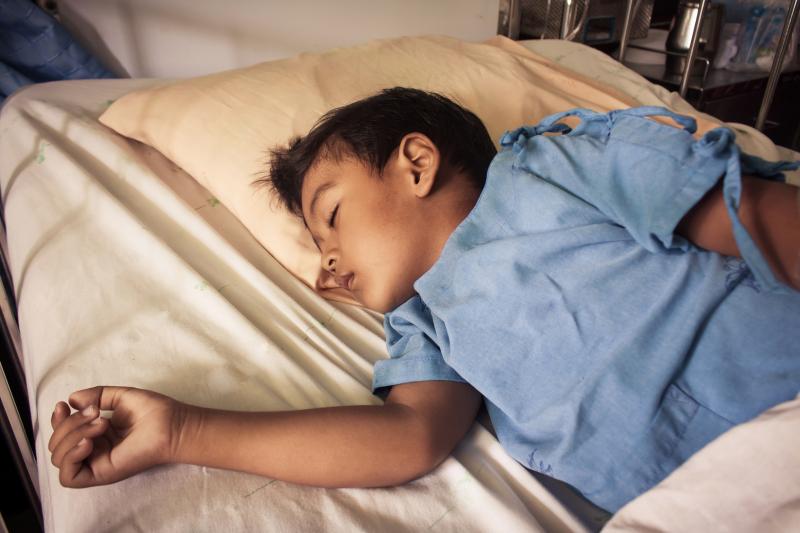
In adolescents and young adult (AYA) men born with hypospadias, an uncomplicated repair surgery leads to better psychosexual outcomes and satisfaction with the procedure, a recent study has found.
Researchers conducted a cross-sectional analysis of 193 AYA men (aged 16–21 years) who had undergone hypospadias repair surgery in childhood. Outcomes included psychosexual functioning, erectile and sexual function, and parental opinion on hypospadias repair, all of which were measured using questionnaires. Fifty similarly aged controls were also enrolled.
Most of the patients (88.6 percent) agreed with the age at which the initial hypospadias repair had been performed. Those who underwent the surgery at an older age and who had more procedures were less likely to agree with the age at which repair was performed. A younger age during the procedure and being satisfied with the penile appearance correlated with a higher likelihood of being happy with having had the surgery.
Two patients believed that their child rights had been violated because they were not involved in the decision-making process to undergo the surgery. Another two patients wished they had never undergone hypospadias repair.
In terms of psychosexual outcomes, 25.9 percent (n=50) of the participants noted that they were afraid to be mocked when naked, as opposed to 20 percent of controls. The median Sexual Quality of Life–Men score was 94.5 percent in patients, and 97.3 percent in controls (p=0.748). Concerns about fertility were more common in patients (25.9 percent vs 12.0 percent).
Rates of pain and erection discomfort, as well as problems with ejaculation, were comparable between patients and controls. Twenty-six men who underwent repair reported being dissatisfied with their penile appearance.